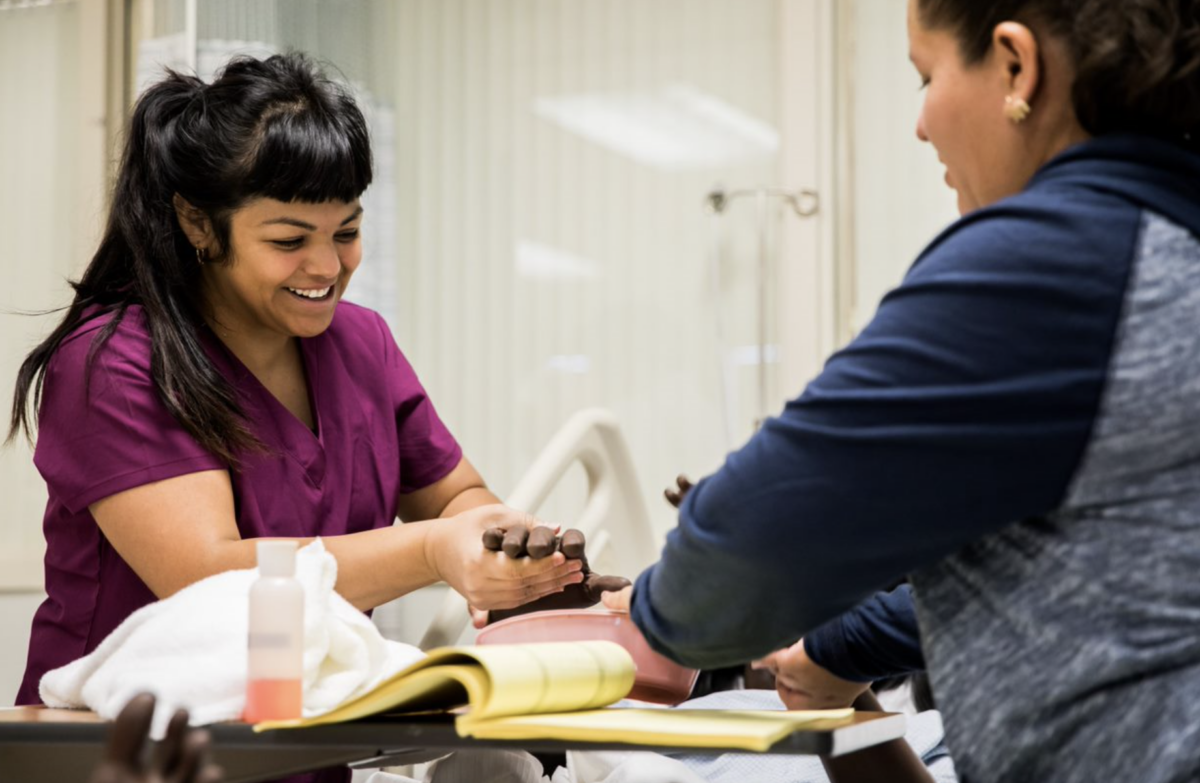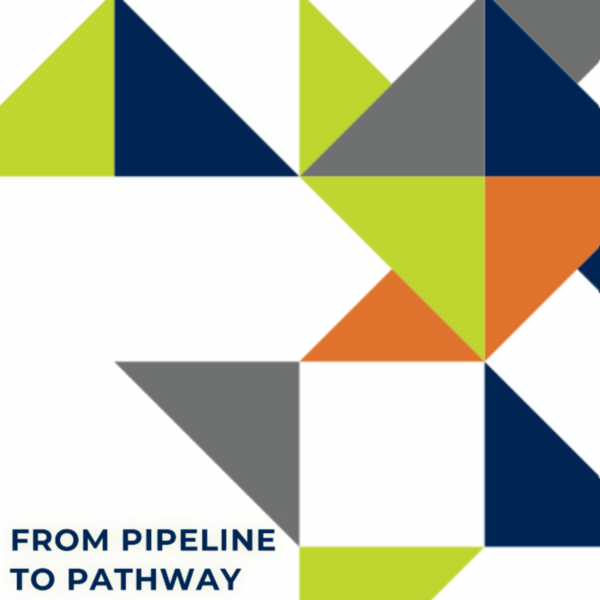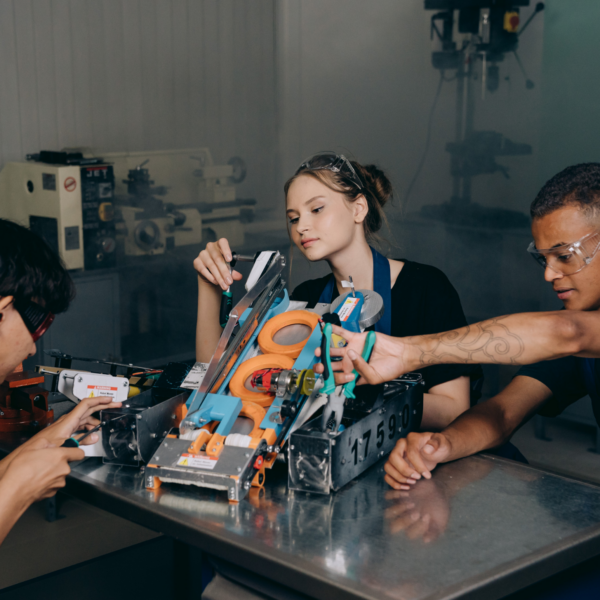Noncredit programs have historically provided transformative learning environments for underrepresented adult learners. Since 2016-17, the LA Regional Consortium (LARC) has leveraged Strong Workforce (SWP) regional funds for the Noncredit Career Pathways project to develop noncredit CTE courses and programs. As the only fully noncredit SWP project in the LA region, this work has significantly contributed to the increase in noncredit adult learners transitioning to credit programs or gaining immediate employment. The Noncredit Career Pathways project is led by the School of Continuing Education at Mt. SAC; however, the success of this project extends across all 19 LARC colleges. When this project started, very few colleges in the LA region offered noncredit courses, particularly in noncredit CTE. This project has provided resources, technical expertise, and a community of practice that have contributed to an incredible increase in the number of not only noncredit CTE courses but also noncredit Career Development College Preparation (CDCP) programs. As a faculty-driven project, the community of practice of both credit and noncredit CTE faculty leaders from all 19 colleges has created 395 noncredit CTE and workforce preparation certificates for the region.
Noncredit CTE programs are free, short-term, flexible, and accommodate students’ schedules and diverse learning needs. The programs also focus not only on hands-on skills but also the soft skills adults need to be employable. Colleges offer noncredit CTE programs that are in high-demand, priority industry sectors, which fill both urgent and ongoing regional employment needs. Many of the developed programs and pathways prepare students for state and national industry certifications. Most recently, the project has focused on noncredit pathways in the healthcare industry, emphasizing the need to train immigrants. This has proven to be a successful strategy, as colleges have been able to increase their enrollment in high-demand healthcare programs which has led to strengthening connections with communities and employers.
The Noncredit Career Pathways project has always kept current with emerging technologies, instructional practices, and other workforce initiatives and efforts and has provided technical assistance to partner colleges one-on-one as well as providing professional development workshops for the region. Most recently, professional development topics have included:
- Noncredit distance education, which prior to the pandemic was hardly offered in noncredit programs
- Noncredit apprenticeships
- Competency-based education noncredit models
- Mirrored courses and articulations to credit
The regional collaboration with this project has resulted in increased enrollments, completion rates, and certificate attainment, all being regional SWP outcomes. When comparing the number of students who earned noncredit CTE certificates in 2016, before this project started, to 2021-22, there has been a 226% increase (from 628 to 2,047). A total of 8,590 students have earned noncredit CTE certificates since the beginning of this project. The noncredit CTE pathways created through this project’s objectives have also directly and positively impacted enrollment for all regional colleges.The innovative types of noncredit courses that have been developed have attracted additional students not previously served and individuals that needed immediate short-term training in order to gain, regain, or improve employment. Enrollment in noncredit CTE has increased by 20% since the start of this project, even despite the pandemic’s effect on enrollment. The increased enrollment has benefited colleges as noncredit CTE courses generate enhanced CDCP FTES and have added revenue to colleges’ apportionment base.
To learn more about the curricular innovations developed as part of the Noncredit Career Pathways project, as well as student success stories and additional resources, check out the project’s website at https://la19noncreditpathways.com/




